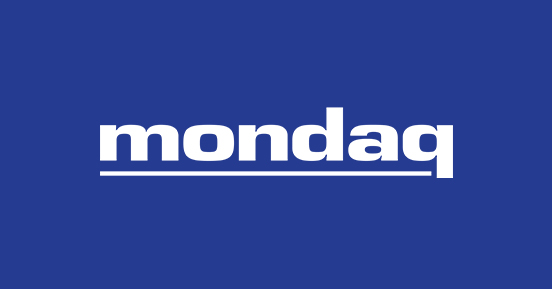Mondaq uses cookies on this website. By using our website you agree to our use of cookies as set out in our Privacy Policy.
A rare NFT from the CryptoPunk collection recently sold for approximately $2.6 million, the fifth-largest sale in the collection's history. According to reports, the collection's floor price has increased 61 percent in the past 30 days despite a downturn in the larger crypto markets. A derivative of the CryptoPunk collection, a Saudi Arabia-themed free-to-mint NFT collection, also hit markets this July, reportedly topping the volume charts with $7.7 million in sales in its debut weekend. The debut was not without drama, however. According to reports, the Saudi team discovered an automated bot being used to artificially create a lower floor price and influencers claiming others were able to profit from early knowledge about the mint.
In other recent NFT developments, the U.S. Patent and Trademark Office and the U.S. Copyright Office have reportedly resolved to launch a study aimed at examining the impact of NFTs on intellectual property rights. According to reports, the study will likely consider potential intellectual property challenges with NFTs, the rights associated with transferring ownership of an NFT, licensing rights and infringements, and the potential IP rights given to NFT creators. News of the study comes among a slew of suits by well-known brands seeking legal recourse against NFT marketplaces and NFT sellers that may have infringed on their IP rights.
In a final notable development, a U.K. court recently ruled that NFTs are a valid device for serving legal process in a $2.1 million cryptocurrency fraud case. According to reports, the London judge approved the embedding of a legal notice in an NFT to be sent to a digital wallet controlled by an anonymous defendant allegedly responsible for tricking the plaintiff into transferring his digital assets to a Hong Kong-based company masquerading as a legitimate American online trading platform. The approval of this type of service comes after a New York court similarly approved the use of an NFT to provide notice to an anonymous defendant in a cryptocurrency theft case.
For more information, please refer to the following links:
The content of this article is intended to provide a general guide to the subject matter. Specialist advice should be sought about your specific circumstances.
© Mondaq® Ltd 1994 – 2022. All Rights Reserved.
Forgot your password?
Free, unlimited access to more than half a million articles (one-article limit removed) from the diverse perspectives of 5,000 leading law, accountancy and advisory firms
Articles tailored to your interests and optional alerts about important changes
Receive priority invitations to relevant webinars and events
You’ll only need to do it once, and readership information is just for authors and is never sold to third parties.
We need this to enable us to match you with other users from the same organisation. It is also part of the information that we share to our content providers (“Contributors”) who contribute Content for free for your use.

